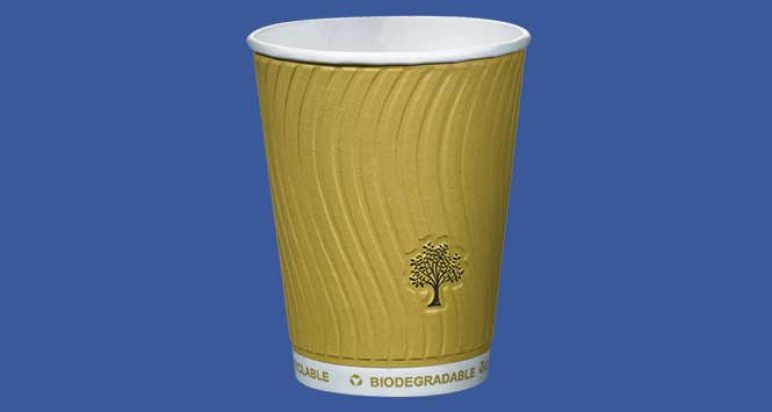Despite its inability to launch the deposit return scheme, the Scottish Government now plans to increase the burden on retailers by introducing a charge for disposable drinks containers.
As was widely expected across the industry, the Scottish Government has launched a public consultation on a minimum charge for single-use cups, with a 25p levy proposed.
If implemented, the charge will roll out across Scotland by the end of 2025.
Although labelled a ‘latte levy’ in some quarters, the charge would apply to any single-use container, including those for slush, milkshakes and other cold drinks. Biodegradable and compostable containers would also be included. However, exemptions would apply for specific locations and uses, like schools. Free drinks in hospital or care settings would also be excluded.
The consultation follows the introduction of the Circular Economy Bill, which passed into law in August, giving Ministers and local authorities new powers to increase reuse and recycling rates.
The idea is that a charge will incentivise customers to switch to reusable alternatives and cut CO2 emissions.
Gillian Martin MSP, Acting Cabinet Secretary for Net Zero and Energy, said the Scottish Government wants to build on the success of the single-use carrier bag charge introduced in 2014. This, she said, “demonstrated that a charge can raise awareness, change behaviour and promote responsible consumption”.
The number of plastic bags given out from stores in Scotland dropped by 80% – some 650 million bags – in the first year after the 5p charge was launched.
“A charge for single-use disposable beverage cups will therefore be modelled on this approach, where appropriate, as it will be familiar and has been shown to be effective,” Martin added.
With this in mind, the consultation proposes that retailers would – like the carrier bag charge – be able to retain “reasonable implementation costs”. Similarly, Ministers are seeking views on whether the proceeds should be kept by businesses, who would be encouraged to donate them to charity, or collected by government.
Similar schemes already exist in Europe. The Netherlands introduced a guideline charge of 25 cents on plastic, single-use cups in 2023. Ireland passed comparable legislation in 2022 – although it has yet to come into force.
Proposals to cut the number of single-use items have already received high levels of support. This year’s Circular Economy and Waste Route Map consultation saw more than 70% of respondents back the introduction of a charge on throwaway items.
Linda Williams, of Broadway Convenience Store in Edinburgh, told SLR she had mixed views about the proposals. “I am absolutely all for cutting waste, and we already do as much as we can,” she said. “I do believe that some people will respond to the new charge and change their behaviours but, as usual, it’s the shopkeepers that will be left at the sharp end and given the job of enforcing it, which makes us the bad guys. This is what happens pretty much every time a new piece of legislation is introduced.”
The Scottish Retail Consortium criticised the proposed charge. Deputy Head Ewan MacDonald-Russell said: “Retailers are already taking action to improve the recycling of cups and reduce the use of disposable cups, including offering financial incentives to use reusable containers and changing materials to be more biodegradable.
“Therefore we question, at a time where the economy is flatlining and high streets are struggling, whether this is the time to introduce a new cost to hard-pressed consumers.”
There is also a feeling that the last thing businesses need is yet more legislation heaped on them, especially given the Scottish Government’s ability – or lack of – to implement new initiatives.
UKHospitality Scotland’s Leon Thompson commented: “Coming hot on the heels of the shambolic Deposit Return Scheme, businesses already have little faith in Scottish Government delivering on new schemes.”








